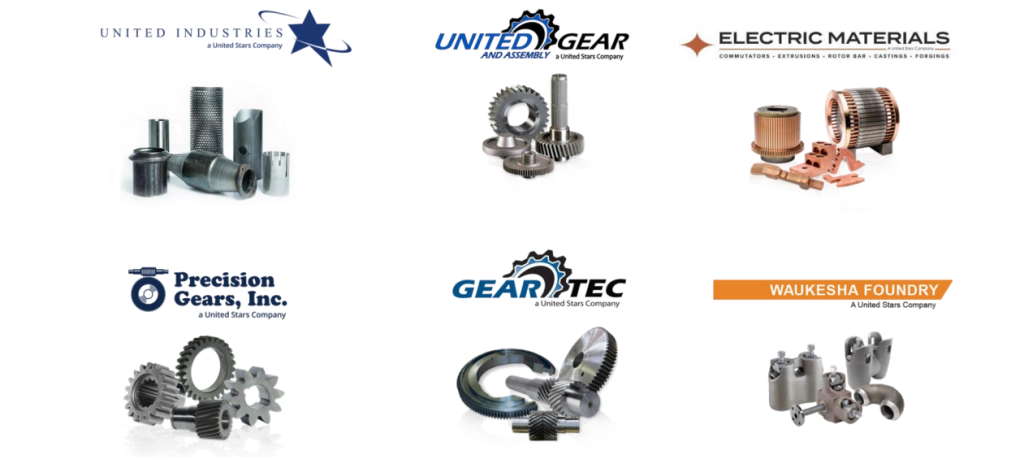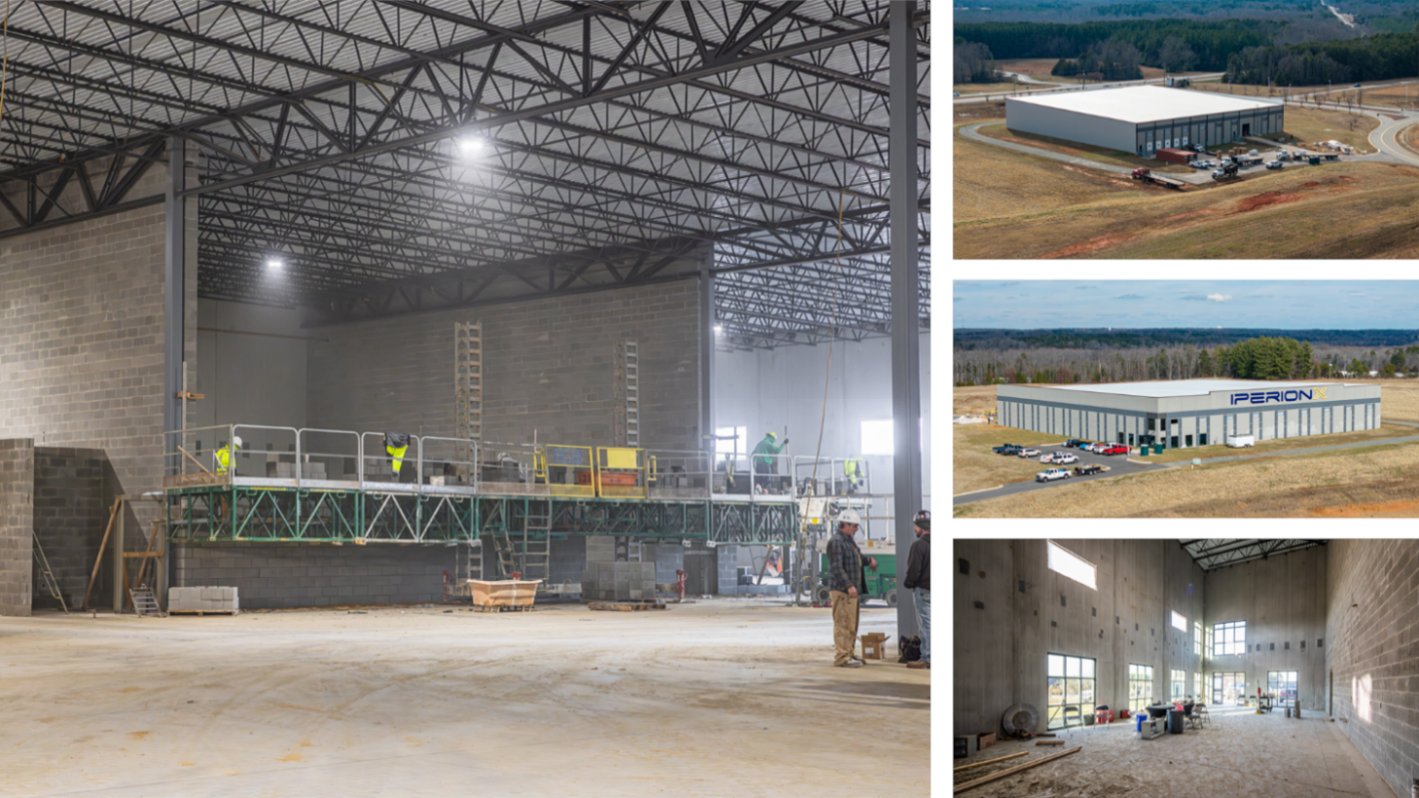Join the Expert Committee for the 2024 3D Printing Industry Awards to help select the winners!
North Carolina-based titanium developer IperionX and United Stars have signed an agreement for a commercial supply deal concerning IperionX’s titanium products.
United Stars is expected to procure up to 80 metric tons annually of IperionX’s titanium products over a decade-long supply term as per the agreement. This partnership is geared towards amalgamating IperionX’s titanium production technologies with United Stars’ extensive manufacturing experience and established customer base. The objective is to effectively address the increasing demands for high-performance titanium products across multiple industries.
Roger West, United Stars Chairman and CEO said, “Titanium is a superior metal for a majority of use cases and ever since the U.S. became 100% import reliant on titanium metal sponge from foreign sources in 2020 I have been searching for a U.S. company with the ability to economically and securely re-shore an integrated supply chain for titanium. This relationship will prove incredibly valuable for my portfolio of companies and I’m also proud to play a role in supporting the interests of U.S. national security. Taso Arima’s vision to re-shore the U.S. titanium supply chain, combined with the team that he has assembled, makes IperionX an organization that I am pleased to partner with.”

Spearheading titanium solutions for key industries
United Stars, a longstanding family-owned company headquartered in Wisconsin, boasts over 80 years of manufacturing heritage and is recognized for supplying industrial components to a diverse array of sectors, including aerospace, automotive, defense, and more. Noteworthy clientele of United Stars include Boeing, Lockheed Martin, and GE, among others.
The collaboration between United Stars and IperionX is earmarked to focus primarily on delivering products catering to the defense and advanced technology sectors. These products are envisioned to address specific needs such as lightweight, strong, compact, and corrosion-resistant performance, particularly for applications like vehicle drivetrains, robotic motors, and wind turbines.
IperionX, meanwhile, is actively engaged in the construction of what it describes as an ‘end-to-end’ American titanium supply chain solution. This initiative involves refining minerals to achieve a purity of over 99% TiO2 and harnessing the capacity to utilize a wide spectrum of recycled scrap titanium for the production of economically viable and high-performing titanium alloys.
IperionX utilizes its patented technology portfolio for the production of near-net shape products, and semi-finished titanium items such as ingots, bars, plates, and wires. Additionally, they produce spherical titanium powder tailored for additive manufacturing and metal injection molding, as well as angular titanium powder suitable for diverse advanced manufacturing applications. In contrast to the conventional Kroll titanium production process, IperionX’s technology offers superior sustainability and energy efficiency in its processes.

The potential of titanium 3D printing
Titanium’s strength, light weight, and biocompatibility make it a great material for 3D printing in the aerospace, medical and automotive industries. Though considerations like heat stress and supports are needed during design, 3D printing unlocks new possibilities for creating high-performance titanium parts.
Aside from IperionX, many companies have realized the potential of titanium 3D printing. Boeing and Titomic joined forces to propel aerospace technology forward through the application of the Titomic Kinetic Fusion (TKF) 3D printing process. Exploring sustainable titanium powders for space systems, both entities tapped into Australia’s local resources. Through this collaborative effort, the companies primarily aimed to showcase the efficacy of green titanium in additive manufacturing.
On another note, researchers from RMIT University and the University of Sydney developed strong, ductile, and sustainable titanium alloys, offering potential for cost-effective, high-performance materials in aerospace, biomedical, and energy sectors. Integrated with Laser Directed Energy Deposition (L-DED) 3D printing, these alloys utilize abundant materials like oxygen and iron, reducing reliance on expensive additives.
L-DED 3D printing enables precise control over alloy properties, achieving comparable strength and ductility to commercial alloys. Published in Nature, the research aimed to replace aluminum and vanadium with oxygen and iron, addressing challenges in traditional titanium alloys.
What 3D printing trends do the industry leaders anticipate this year?
What does the Future of 3D printing hold for the next 10 years?
To stay up to date with the latest 3D printing news, don’t forget to subscribe to the 3D Printing Industry newsletter or follow us on Twitter, or like our page on Facebook.
While you’re here, why not subscribe to our Youtube channel? Featuring discussion, debriefs, video shorts, and webinar replays.
Featured image shows engineers at one of IperionX’s pilot facilities. Photo via IperionX.



